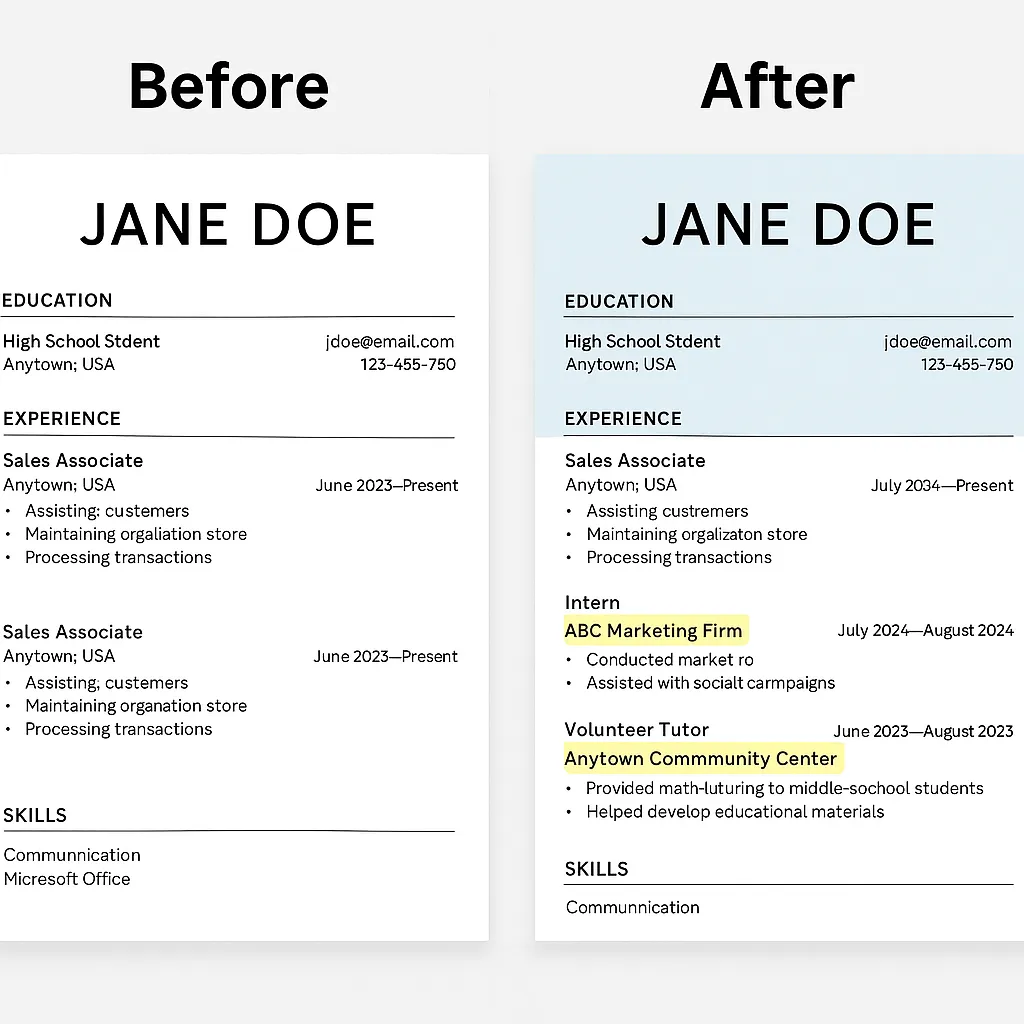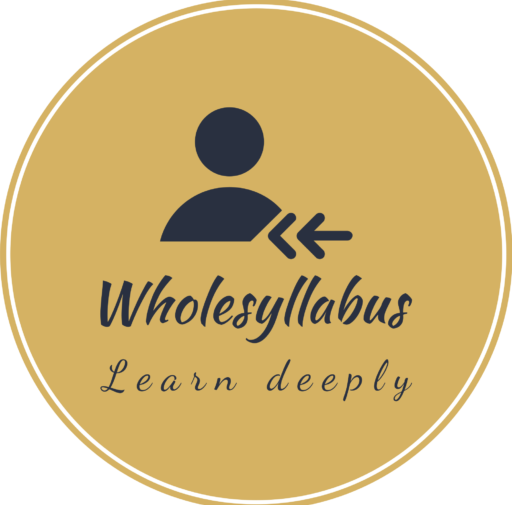According to the American Psychological Association, nearly 1 in 3 high school students report feeling overwhelmed during the school year.
Summer break offers more than rest—it’s a chance to reset, recharge, and refocus.
From building life skills to exploring college or career paths, summer can be one of the most impactful times in a teen’s high school journey—if they use it well.
Want to turn these insights into action? Visit our complete summer prep guide for high school students for planning tools and activity ideas.
What Makes Summer Break So Valuable for Teen Students?
During the school year, students live by the bell — early mornings, late nights, homework, and deadlines. Summer flips the script. It offers rare freedom: no rigid schedules, more family time, and space to breathe.
But summer isn’t wasted time. It’s a window for learning that schools can’t always provide. Teens can try new things, reflect on what they enjoy, and develop confidence outside the classroom.
In short: summer helps students grow in ways school alone can’t.
Why Is Summer Important for Student Mental Health?
Academic stress takes a toll. Many teens report feeling burned out by the end of the school year. Summer gives them a chance to reset.
- Less pressure = lower anxiety
- More sleep = better mood
- Time outside = improved focus and health
- Family time = stronger support system
- Free time = creative expression and fun
Summer is when students can be teens again — without the weight of constant performance.
What Skills Can Students Learn Over the Summer?
Learning doesn’t stop when school ends. It just changes form.
💬 Soft Skills:
- Communication (working with others)
- Time management (balancing free time and goals)
- Leadership (taking initiative in projects or jobs)
🛠️ Hard Skills:
- Coding, blogging, video editing
- Writing, public speaking, or a new language
- SAT/ACT prep or online courses
Summer is the best time to “learn by doing.” Jobs, internships, summer camps, and side projects all teach real-world skills that matter later.
Not sure what to prioritize based on your grade? Use our summer planning guide by grade level to get personalized ideas.
How Summer Boosts College & Career Readiness
Admissions officers don’t just look at grades. They look at how students use their time.

✅ What helps:
- Volunteering shows initiative and empathy
- Summer programs offer college credit or enrichment
- Essay prep starts early and reflects deeper experiences
- Campus visits give students real insight before applying
Building a strong personal statement takes time and reflection. Summer gives both.
Productive Things to Do Over the Summer for High School Students
Summer doesn’t have to mean sitting still. Here are a few smart ways to stay engaged:
- Start a blog, podcast, or YouTube channel
- Join a local community service group
- Try an internship (even unpaid—it still counts)
- Take a free online class (like Khan Academy or Coursera)
- Shadow someone in a career field of interest
- Read for fun and for learning
- Explore a college major or industry
- Create art, music, or a digital project
- Build a daily summer routine
- Set one personal goal and stick to it
Looking for course ideas? Here’s a guide to the best free online programs.
What Are the Pros and Cons of Summer Vacation?
| Pros | Cons |
|---|---|
| Time to rest and recharge | Risk of summer learning loss |
| More time for family and friends | Lack of structure can lead to boredom |
| Freedom to explore hobbies or passions | Some students lose academic motivation |
| Builds independence and time management | Not all students have access to programs |
No break is perfect. But knowing the trade-offs can help families make better summer plans.
Real Stories: How High Schoolers Used Summer to Get Ahead
“I volunteered at a STEM camp for middle schoolers. It ended up being the hook for my college essay.”
—High school senior, shared on Reddit
“I made a website for a local nonprofit. It wasn’t paid, but I learned more than I ever did in class.”
—Student testimonial, Quora
These small choices turn into big wins later.
❓ FAQs: Importance of Summer for High School Students
Why is summer the best for students?
Summer allows students to relax, recharge, and explore their interests without academic pressure. It also offers time for self-growth and real-world experiences.
What is the importance of summer vacation for students?
Summer vacation helps students reduce stress, improve mental health, and develop social and life skills through hobbies, volunteering, or travel.
What are the pros and cons of summer vacation?
Pros: Rest, exploration, freedom, creativity
Cons: Risk of learning loss, unstructured time if not planned well
What is the best activity in summer for high school students?
The best activity depends on interests—popular options include internships, coding bootcamps, creative writing, community service, and summer camps.
Why is summer break good for students’ mental health?
The break from exams and school schedules gives students time to relax, sleep more, spend time outdoors, and reconnect with friends and family.
Don’t Let Summer Slip Away
Summer might feel like it stretches on forever—but it goes by fast. Whether you’re catching your breath after a tough school year or looking for ways to get ahead, how you spend this time matters. Use it to rest, explore, and grow. Even small steps—like joining a local program or starting a personal project—can make a big difference. So don’t just let summer happen. Plan it, own it, and make it count.
One takeaway? Use this time wisely. Set one goal, take one step, and let your summer experiences shape your future.
🧭 Tip: Check out our free summer study planners and academic tools to make your goals easier to track—and stick with.

Nawab, an educator teaching K-12 since 2010, holds an English honors graduate degree and a diploma in elementary education. He has also been blogging for five years, sharing insights for educators and parents.

